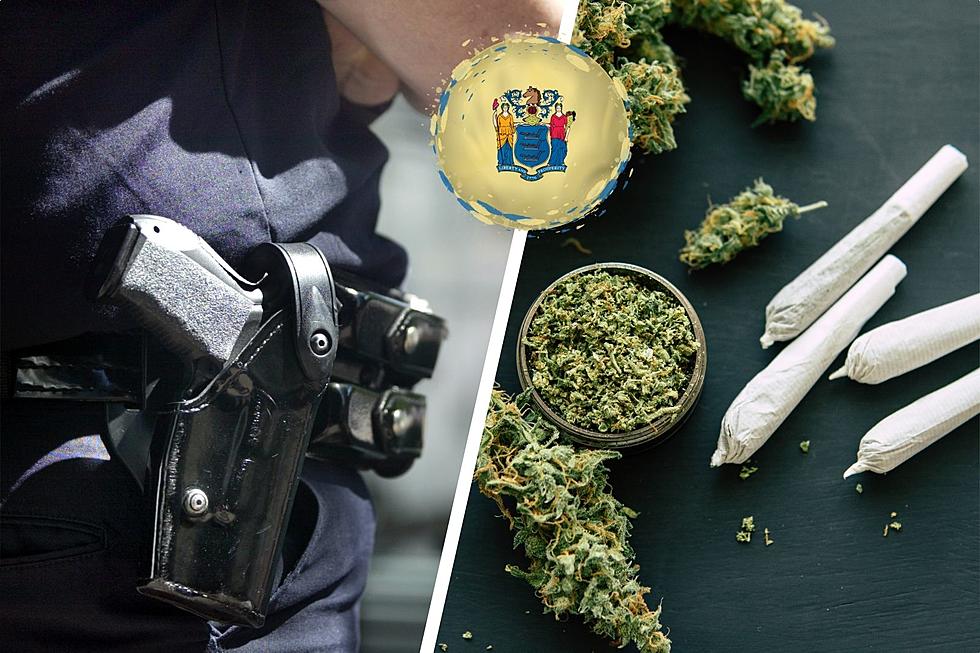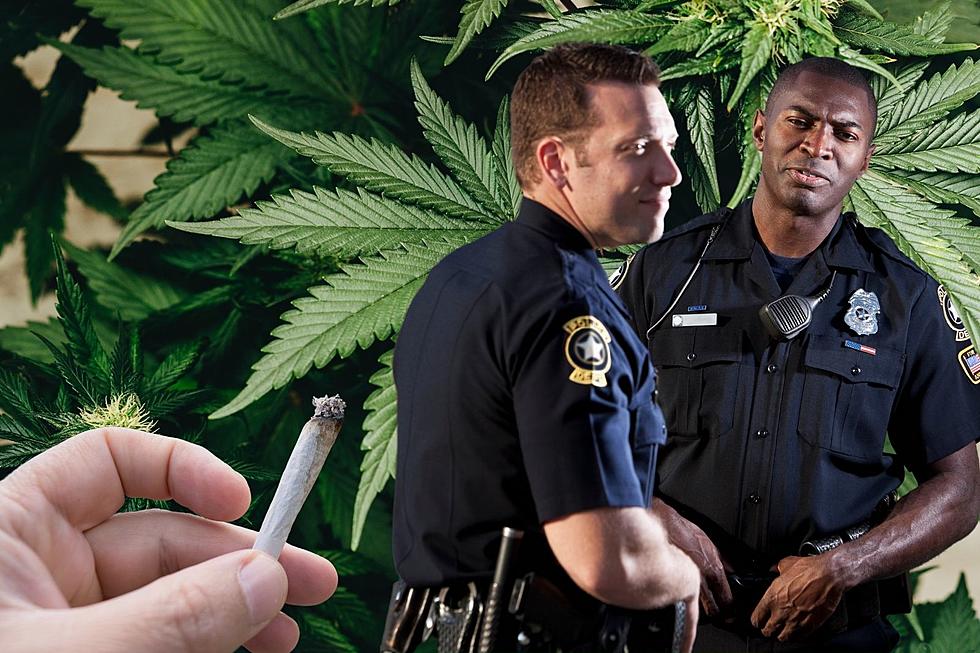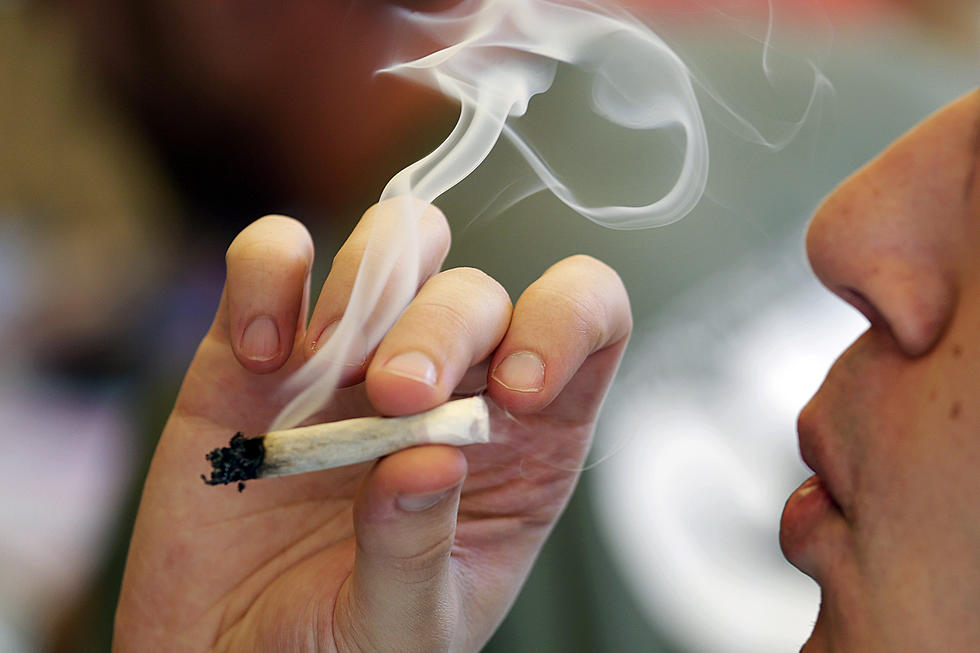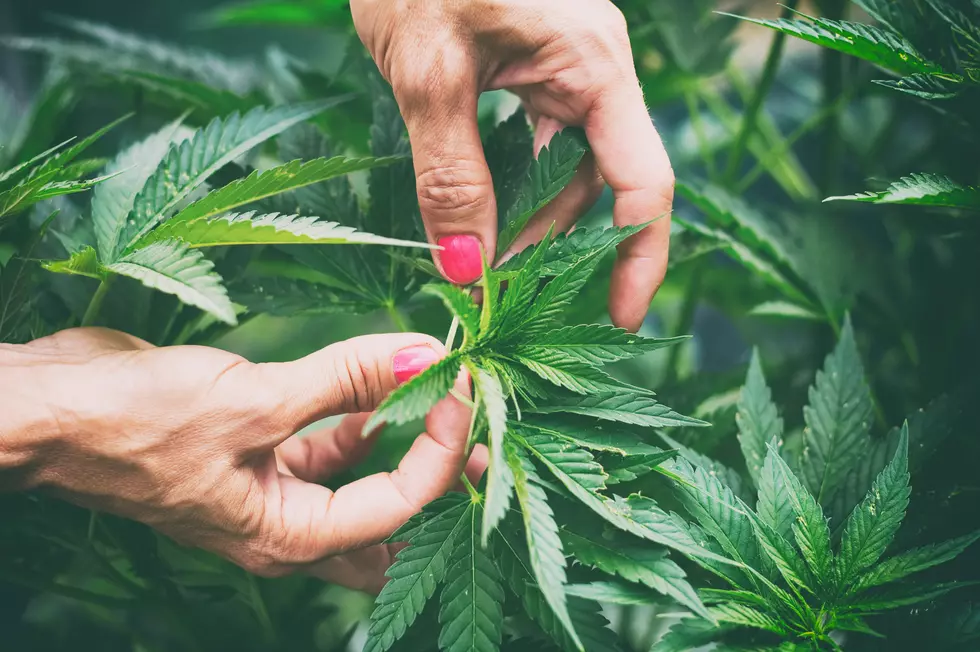
No ‘edible’ marijuana: Is NJ making a mistake?
Despite new research showing a significant jump in the number of unintentional pediatric exposures to marijuana in Colorado, mostly due to edible products, marijuana advocates in New Jersey say edibles are a necessary addition to the state's legal framework.
In a study published in the Sept. 2016 edition of JAMA Pediatrics, researchers pointed to a spike in Colorado in the number of hospital and poison center cases between 2009 and 2015 involving children younger than 10 who were exposed to marijuana accidentally. The drug was approved for recreational use in 2012.
In more than half of the 244 cases analyzed, edible products - such as marijuana-infused baked goods and candies - were responsible.
These types of products are not currently offered in the Garden State, which permits marijuana for medical use. "Edibles," under New Jersey language, refers to tablets, capsules, drops and syrups, and they are only permitted for minors receiving marijuana for medical treatment.
The dispensary Compassionate Sciences, Inc. in Bellmawr was approved in August for the manufacture and sale of lozenges for children and adults.
"New Jersey's unusual in not legalizing edibles for medical use; I think that's a big mistake," said Dr. David L. Nathan of New Jersey United for Marijuana Reform.
According to Nathan, certain patients are unable to inhale the drug due to physical constraints and ailments, and edibles would serve as a solution.
Nathan, who's also the founder of Doctors for Cannabis Regulation, said edible products from tablets to brownies should be part of the equation if New Jersey were ever to approve marijuana recreationally.
As for ways to avoid accidental ingestion among kids, Nathan said "regulation of packaging" is key.
"The way to prevent that is through packaging that is not attractive to kids and through child-safe packaging," Nathan said.
And parents, he said, would ideally "maintain that packaging" after unscrewing a lid or tearing open a bag for the first time.
Ken Wolski, executive director of Coalition for Medical Marijuana New Jersey, said accidental ingestion among children is not a common problem, "but one that needs to be addressed."
Wolski pointed to statistics from the National Poison Data System that tallied tens of thousands of inappropriate ingestion cases connected to ibuprofen and acetaminophen, compared to just hundreds of cases related to marijuana.
According to Wolski, edible marijuana products are slower-acting and longer-lasting than the inhaled version, meaning patients can take fewer doses per day. He suggested more doctors may "buy in" to the state's medical marijuana program if edibles common in other states were approved here because the move would simplify the prescription process.
More from New Jersey 101.5:
Contact reporter Dino Flammia at dino.flammia@townsquaremedia.com.
More From New Jersey 101.5 FM









